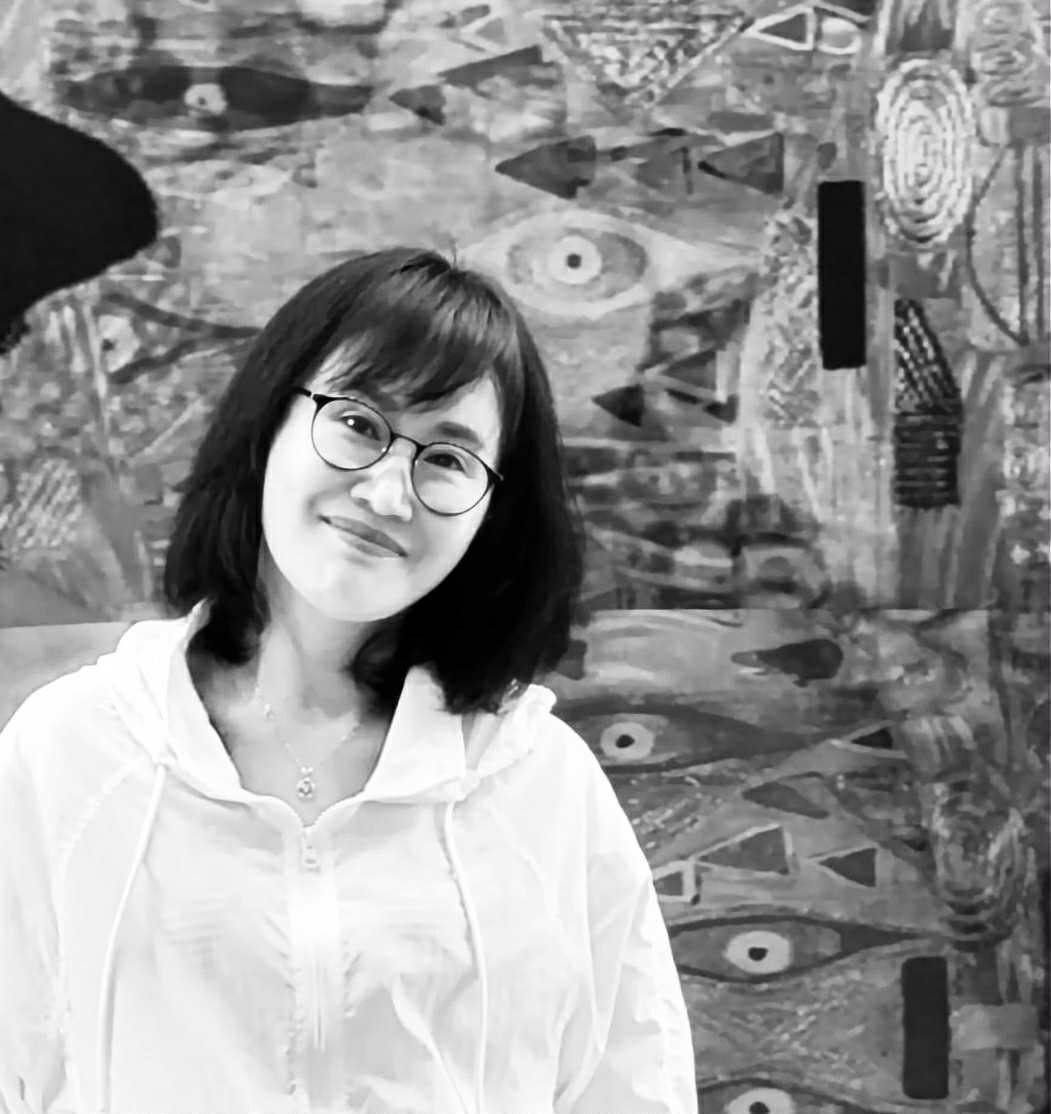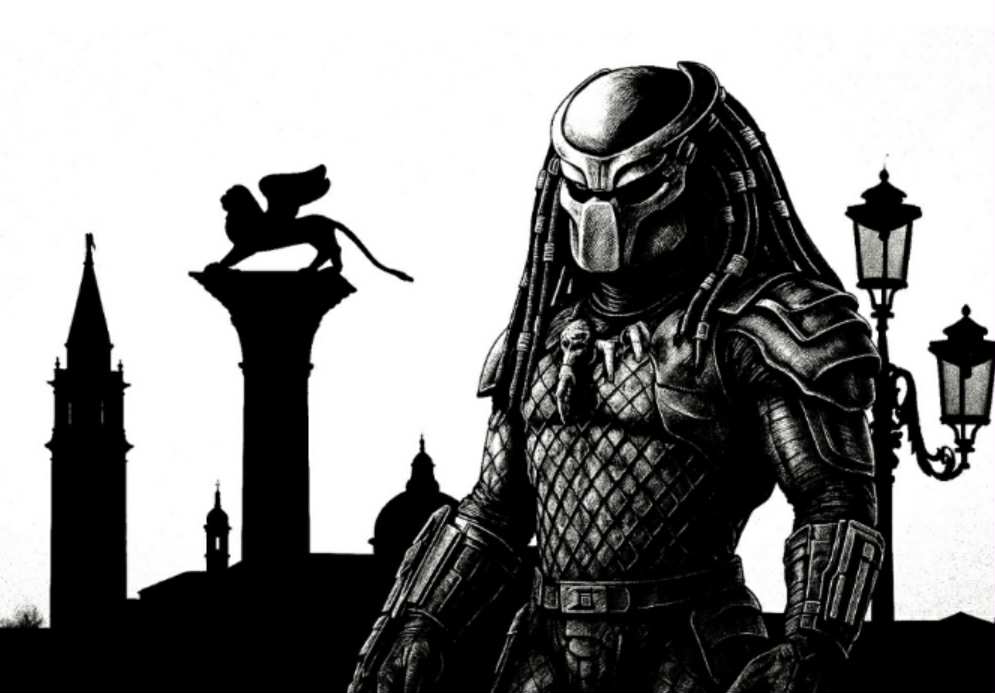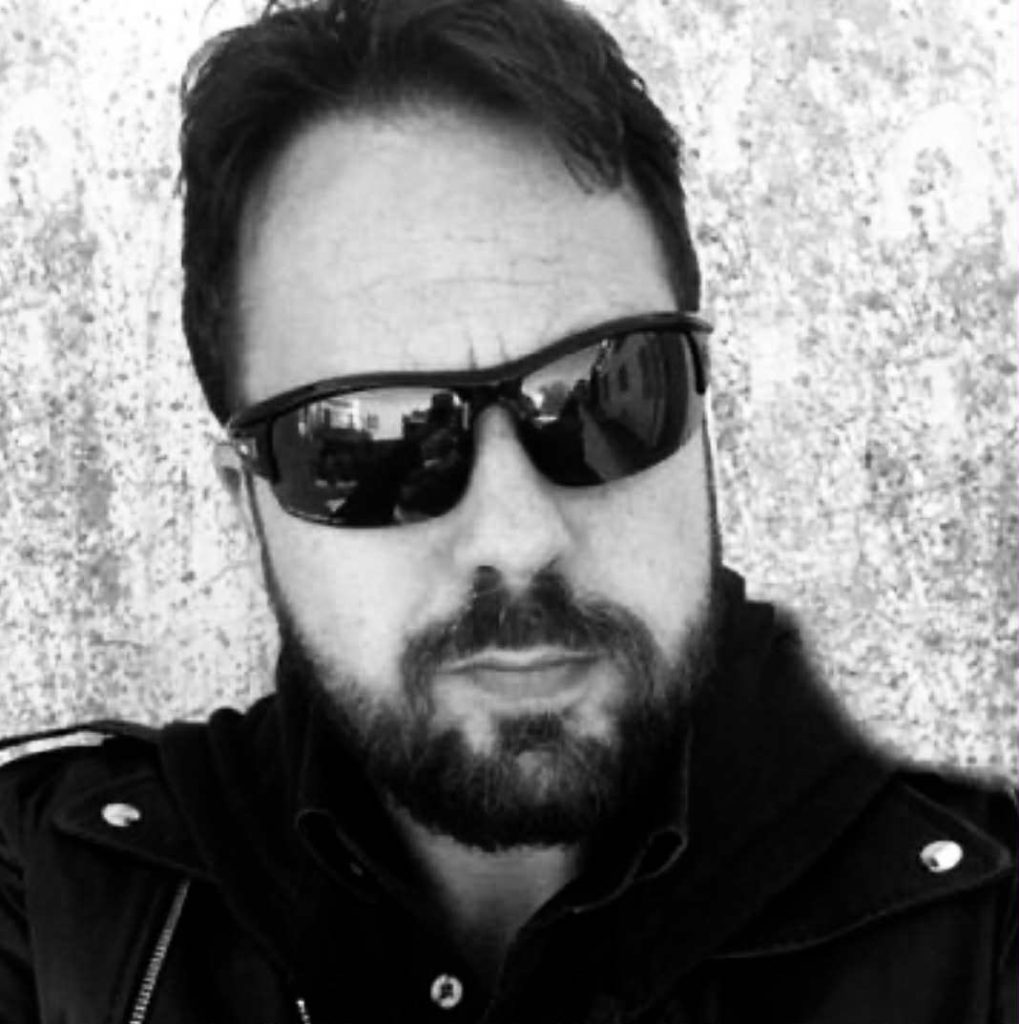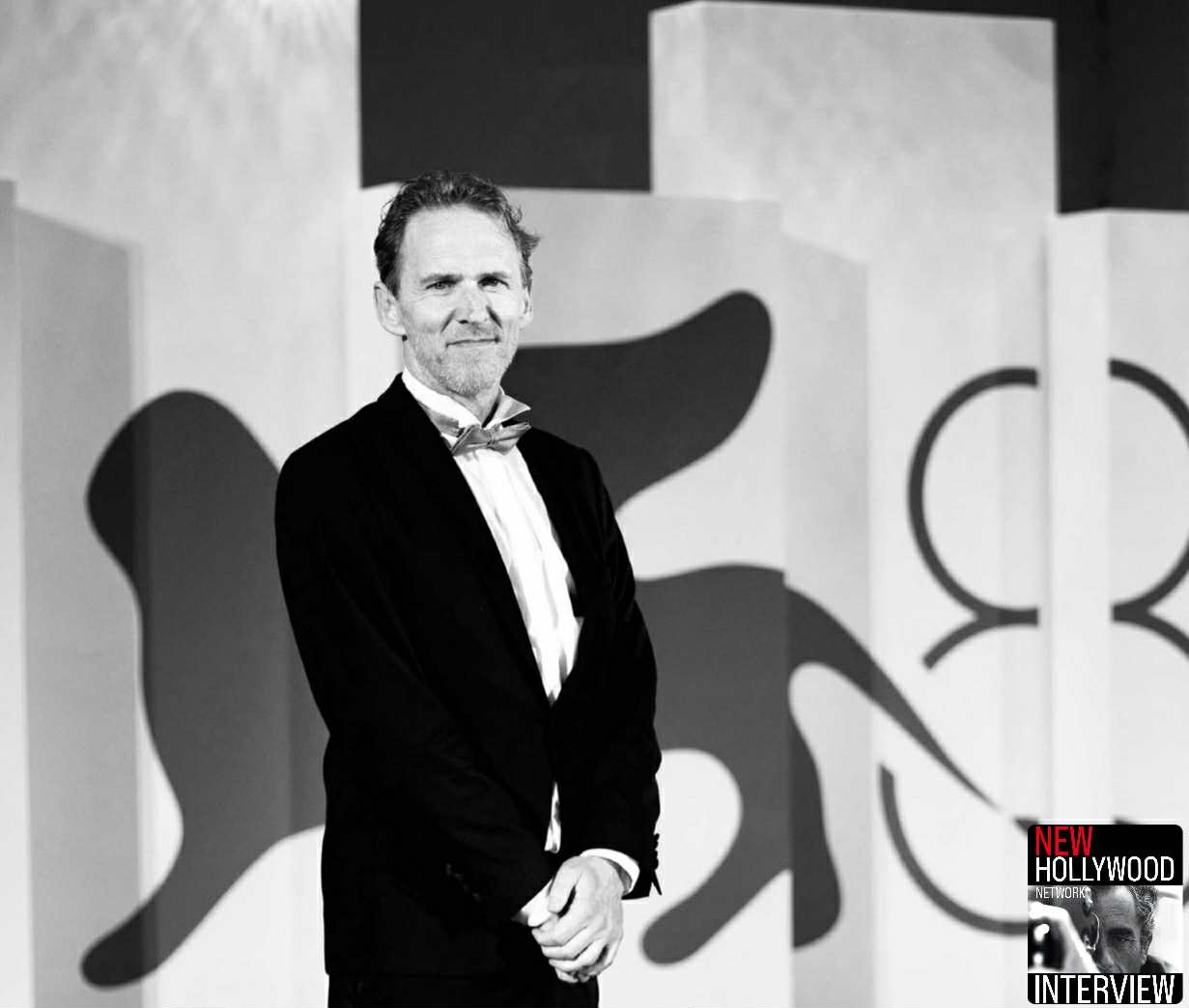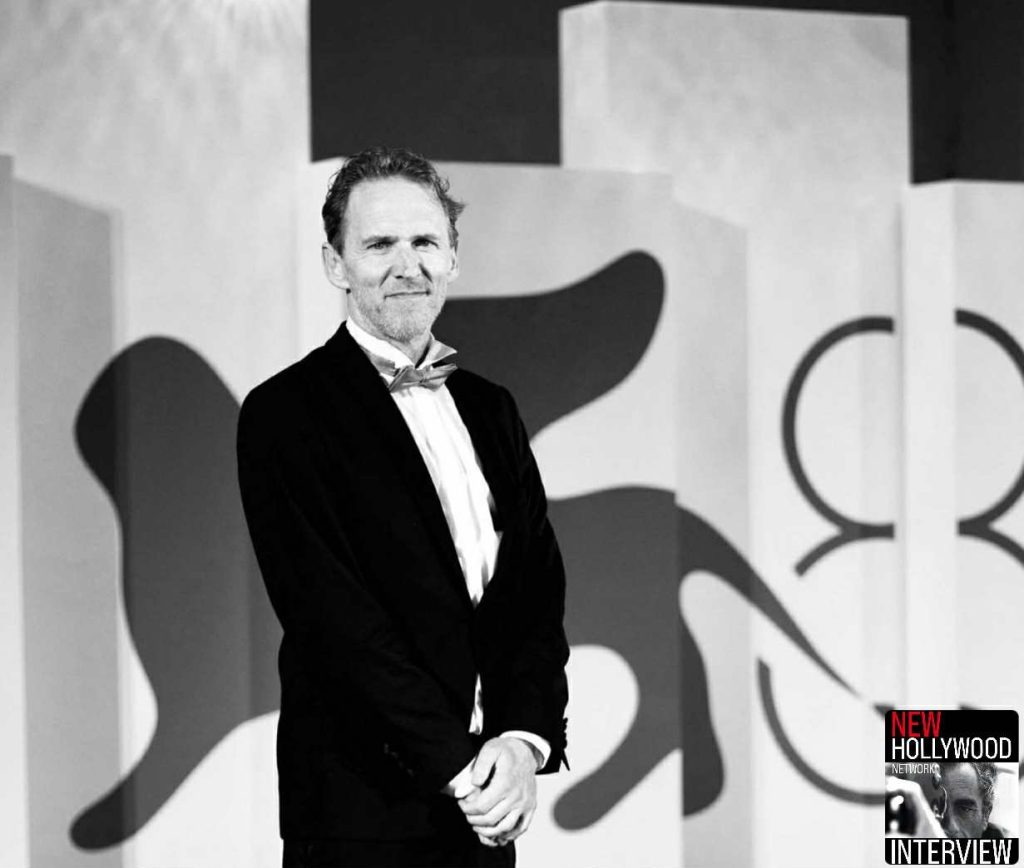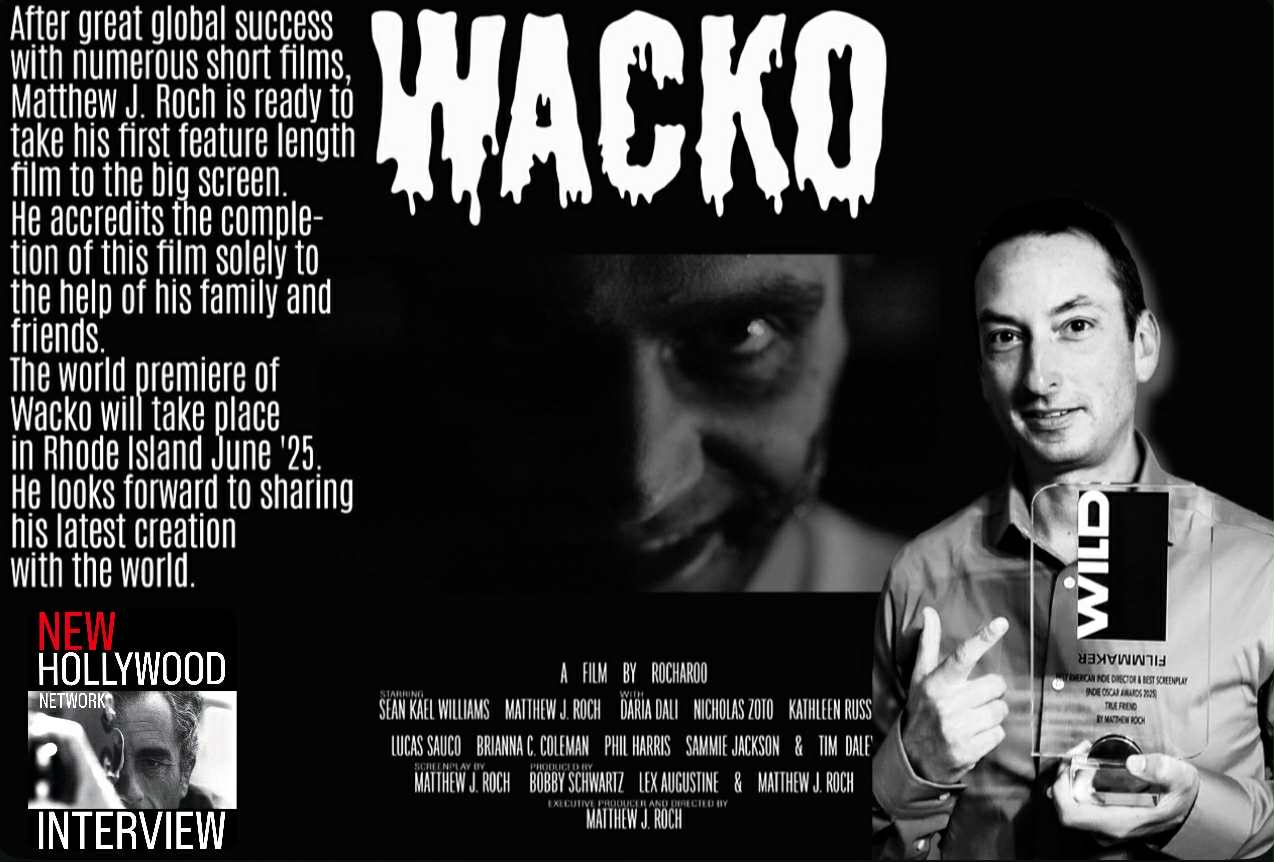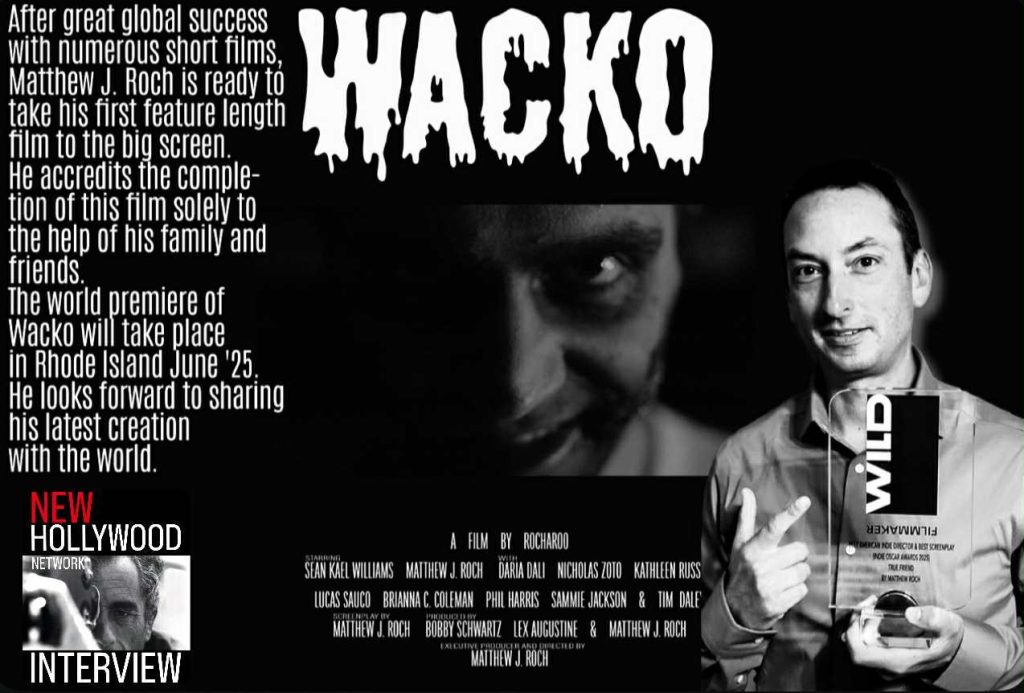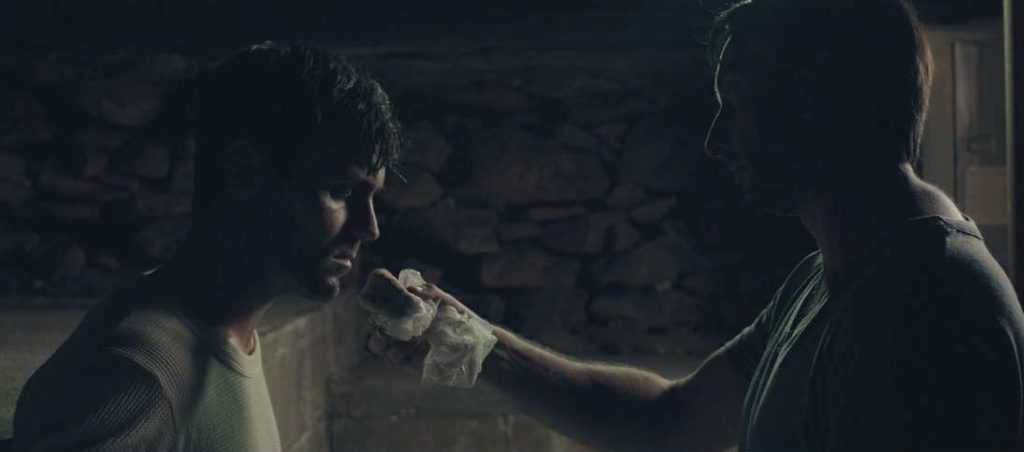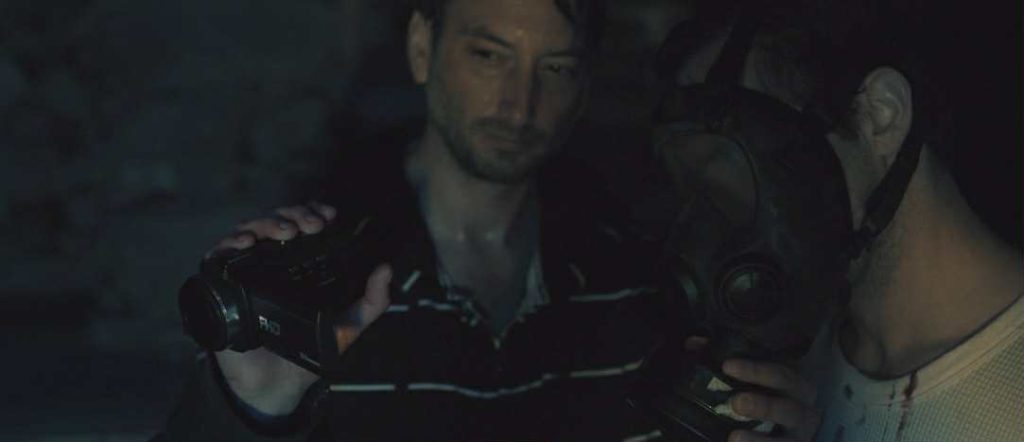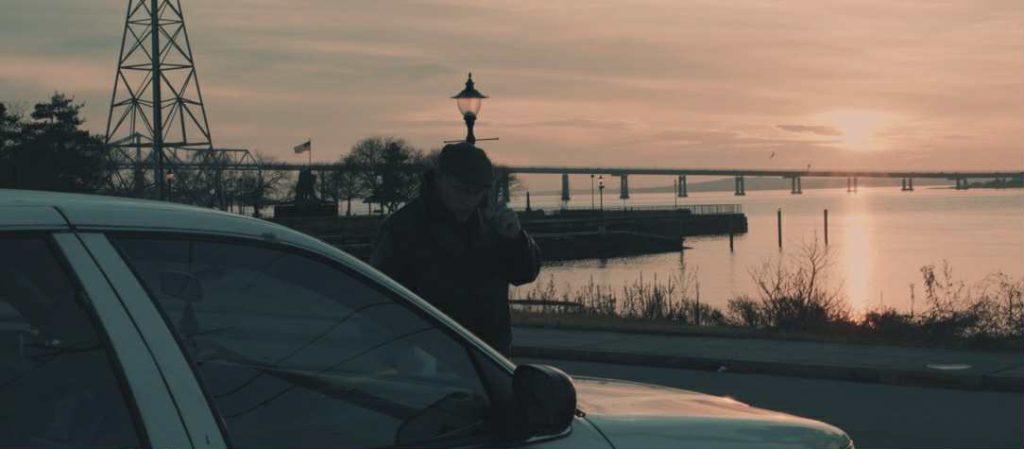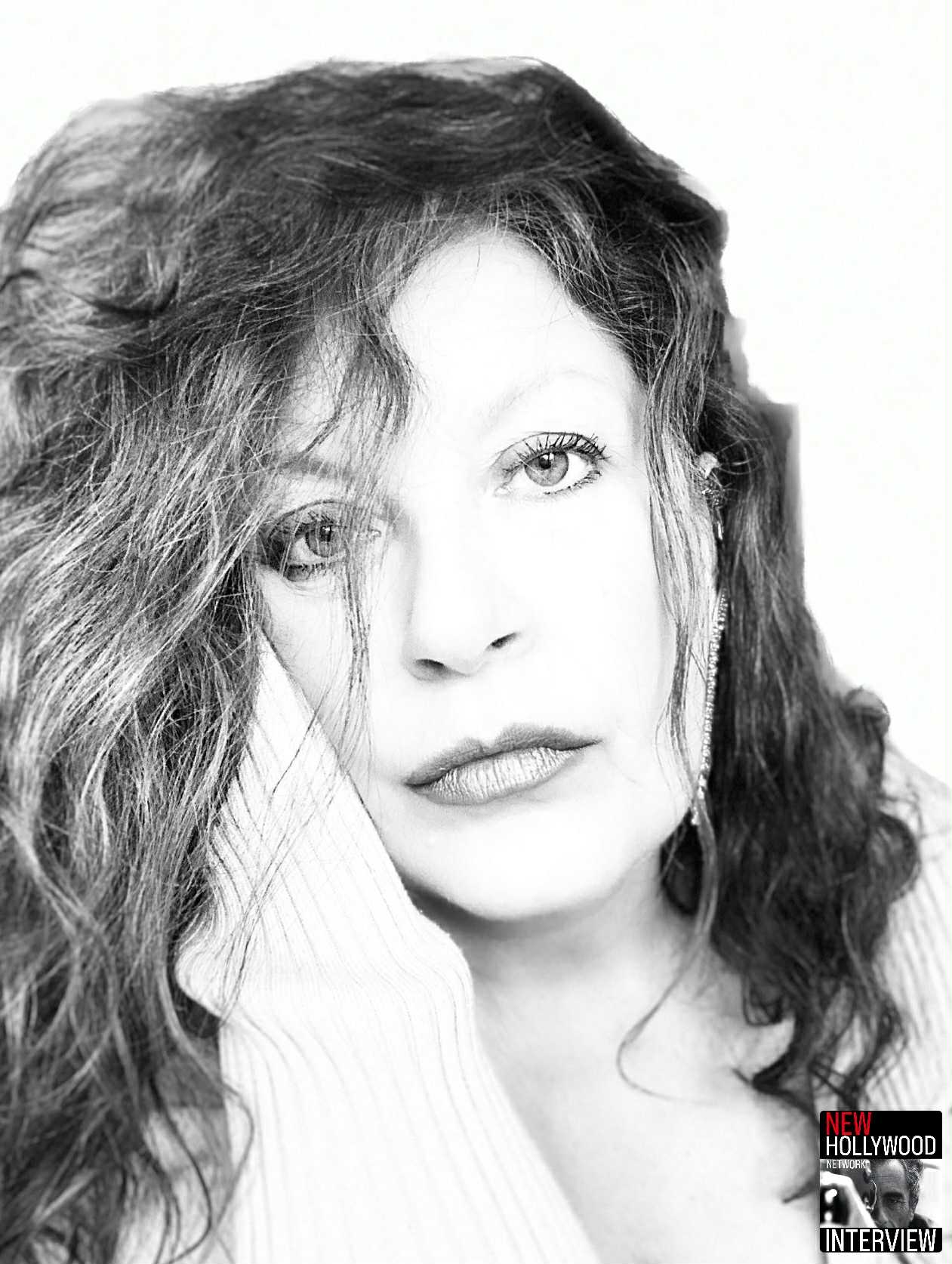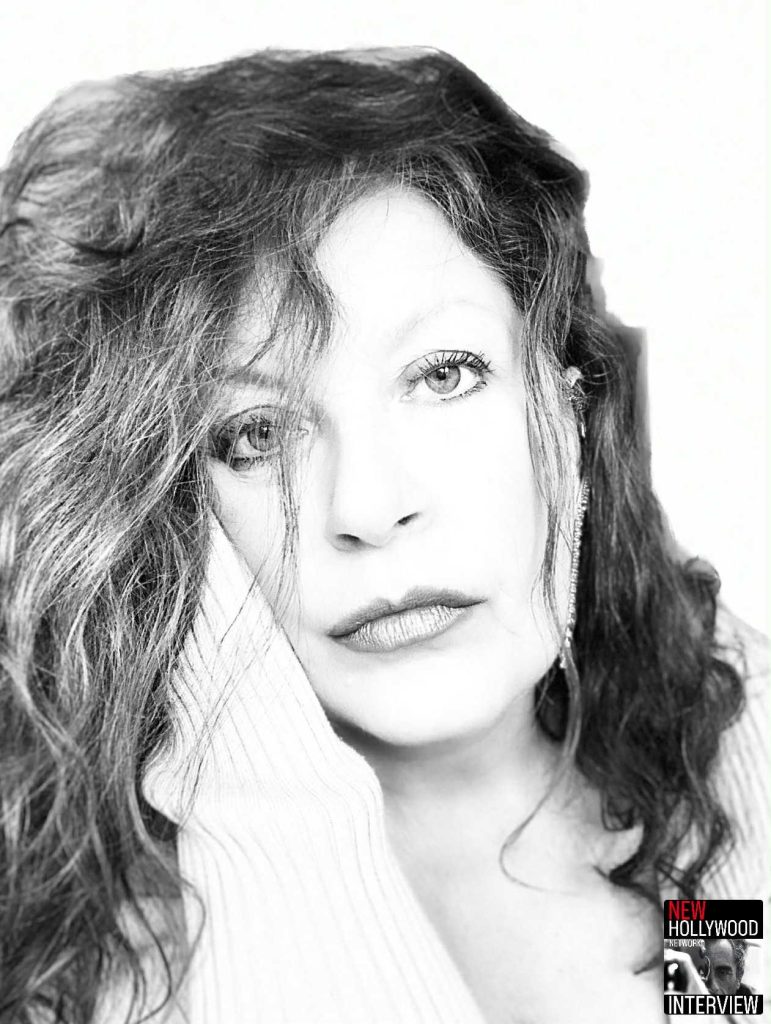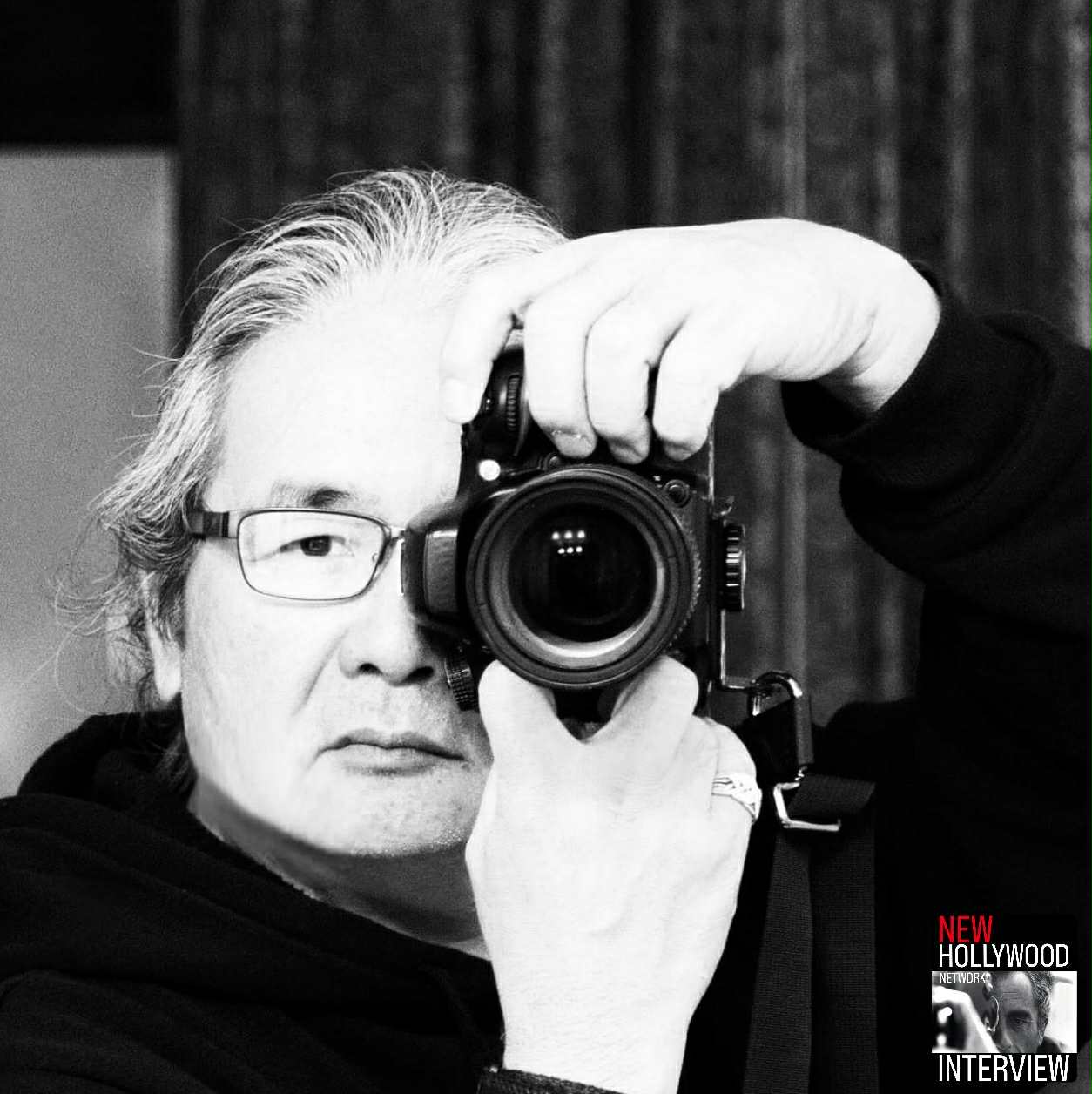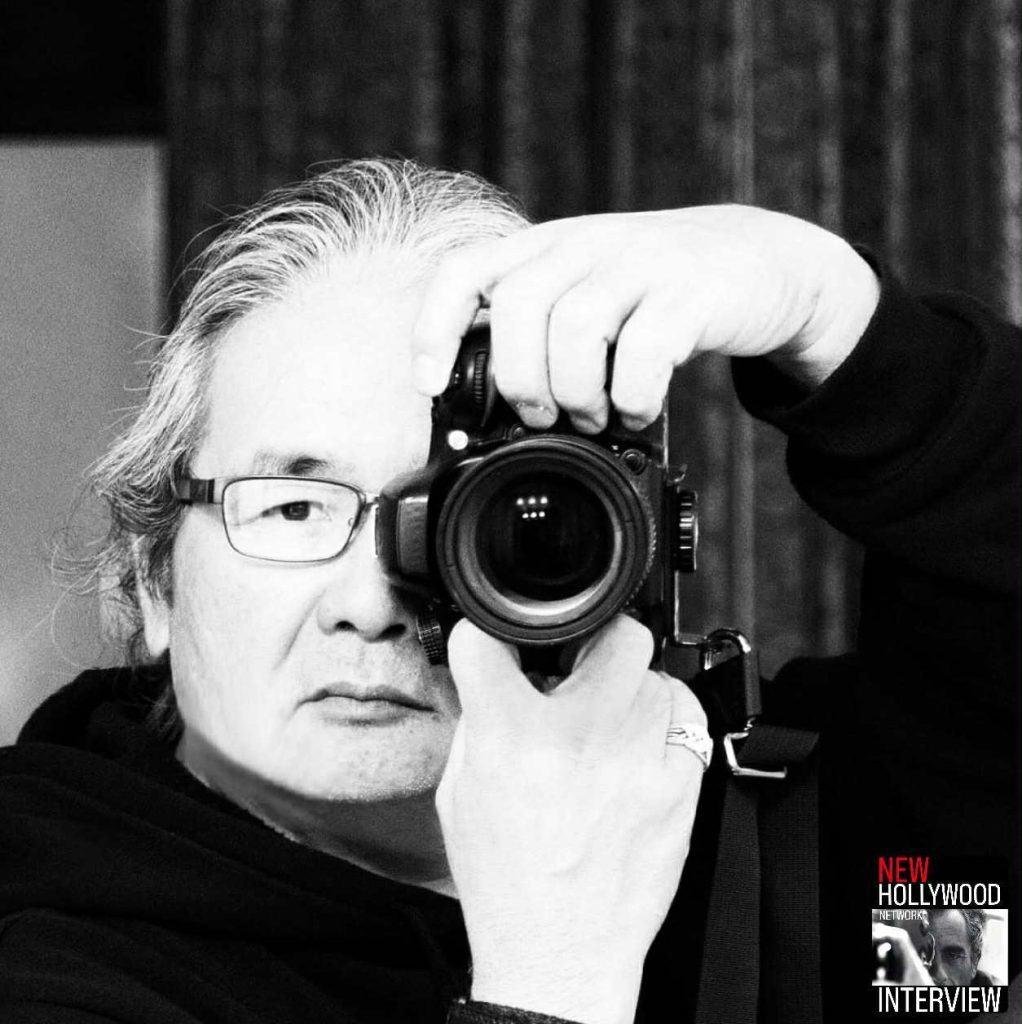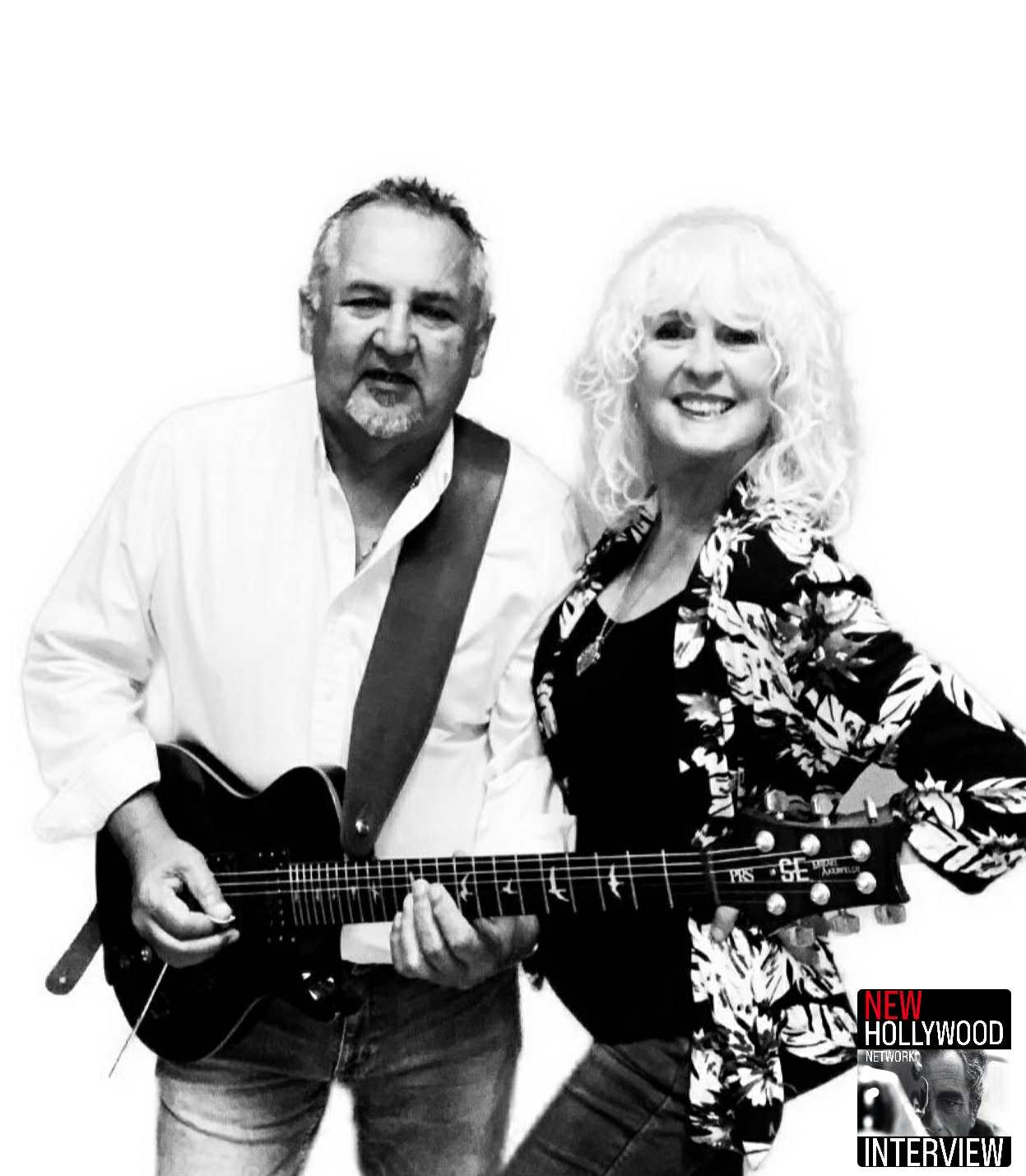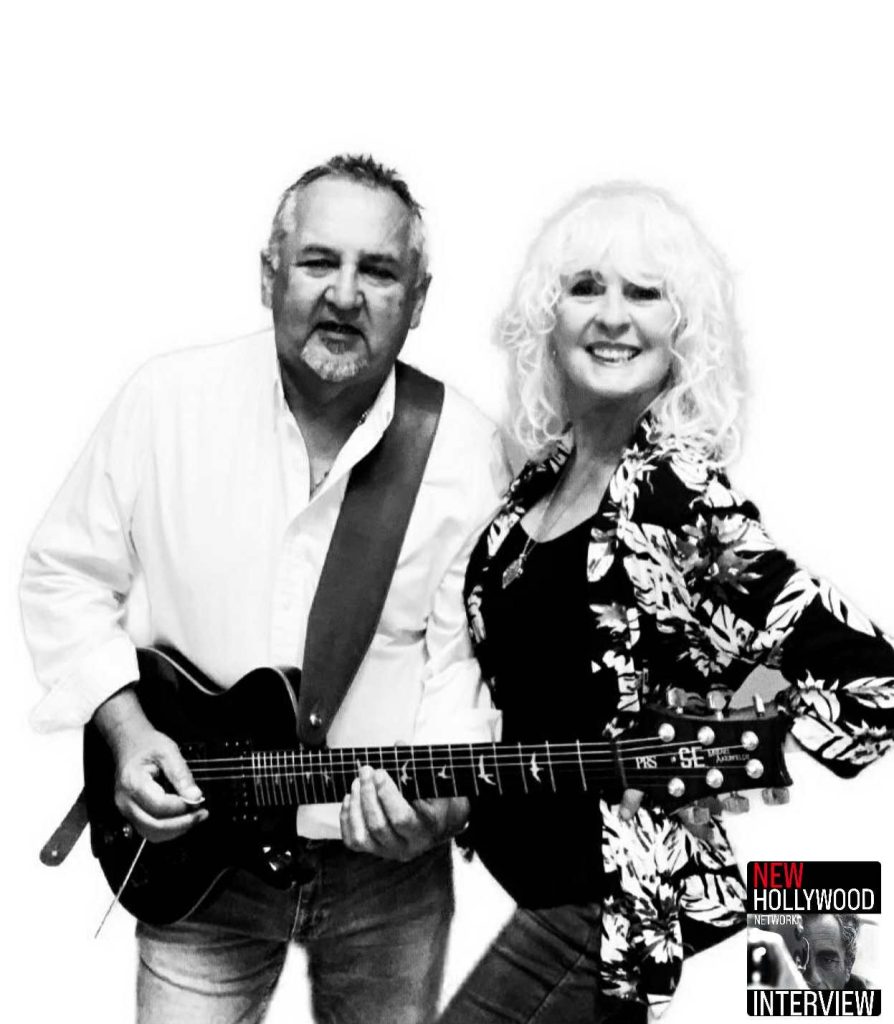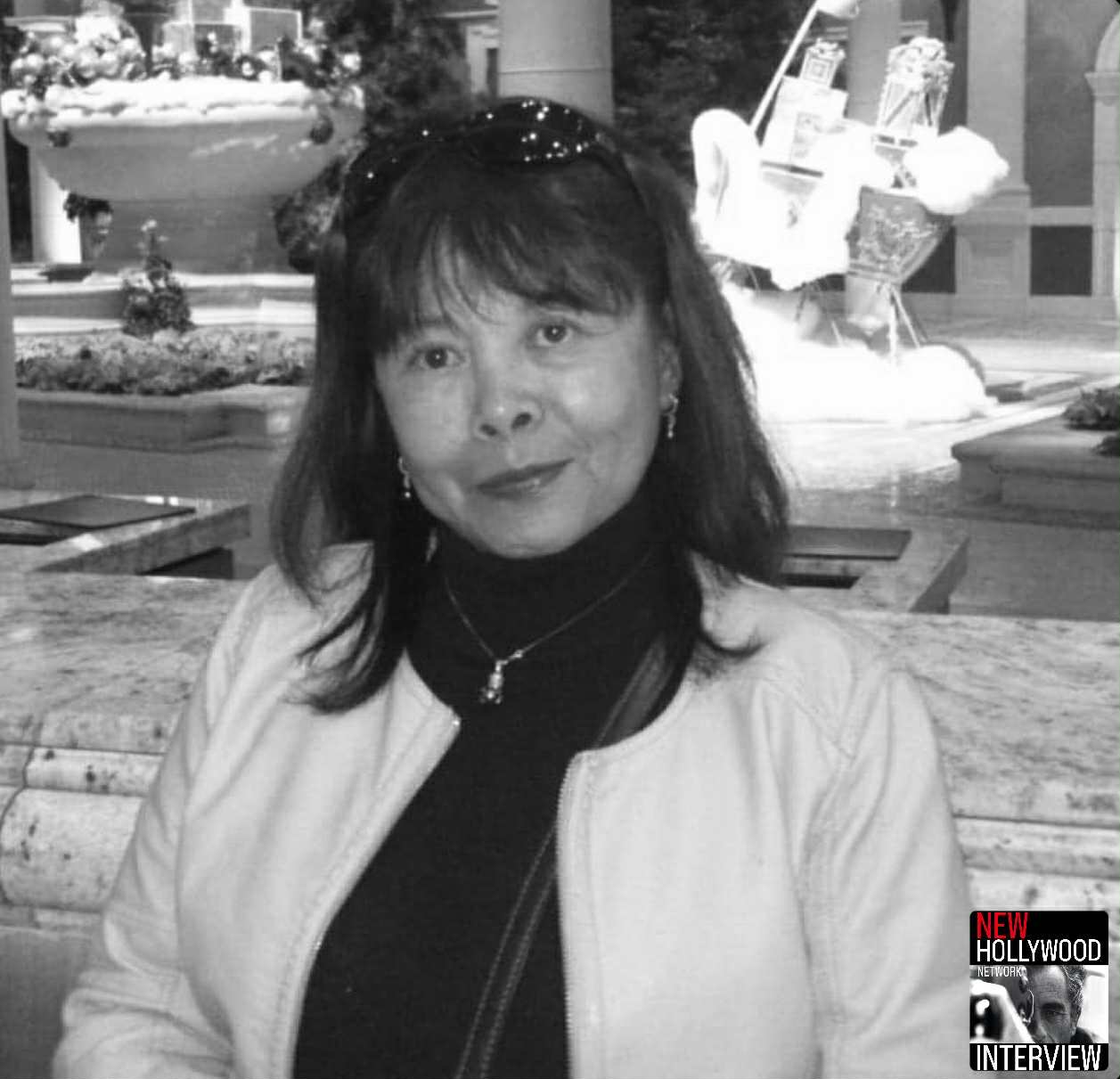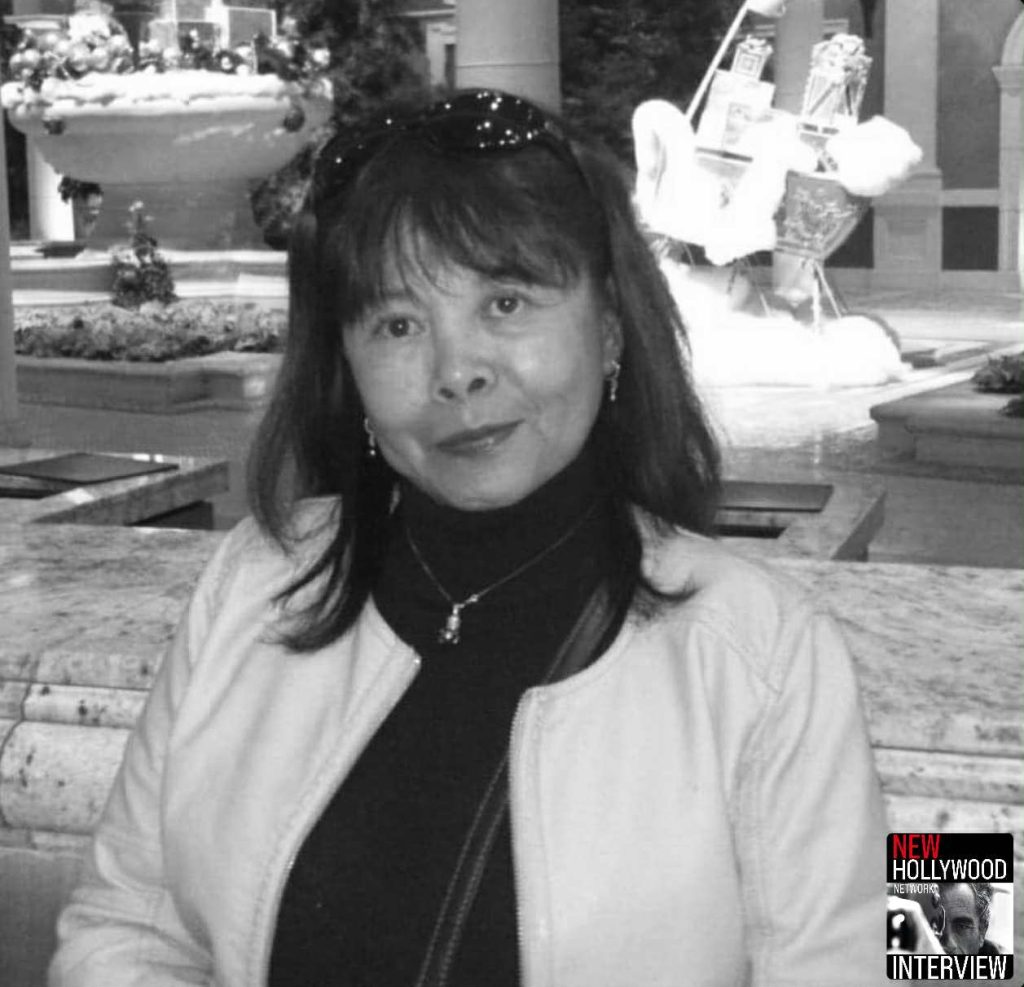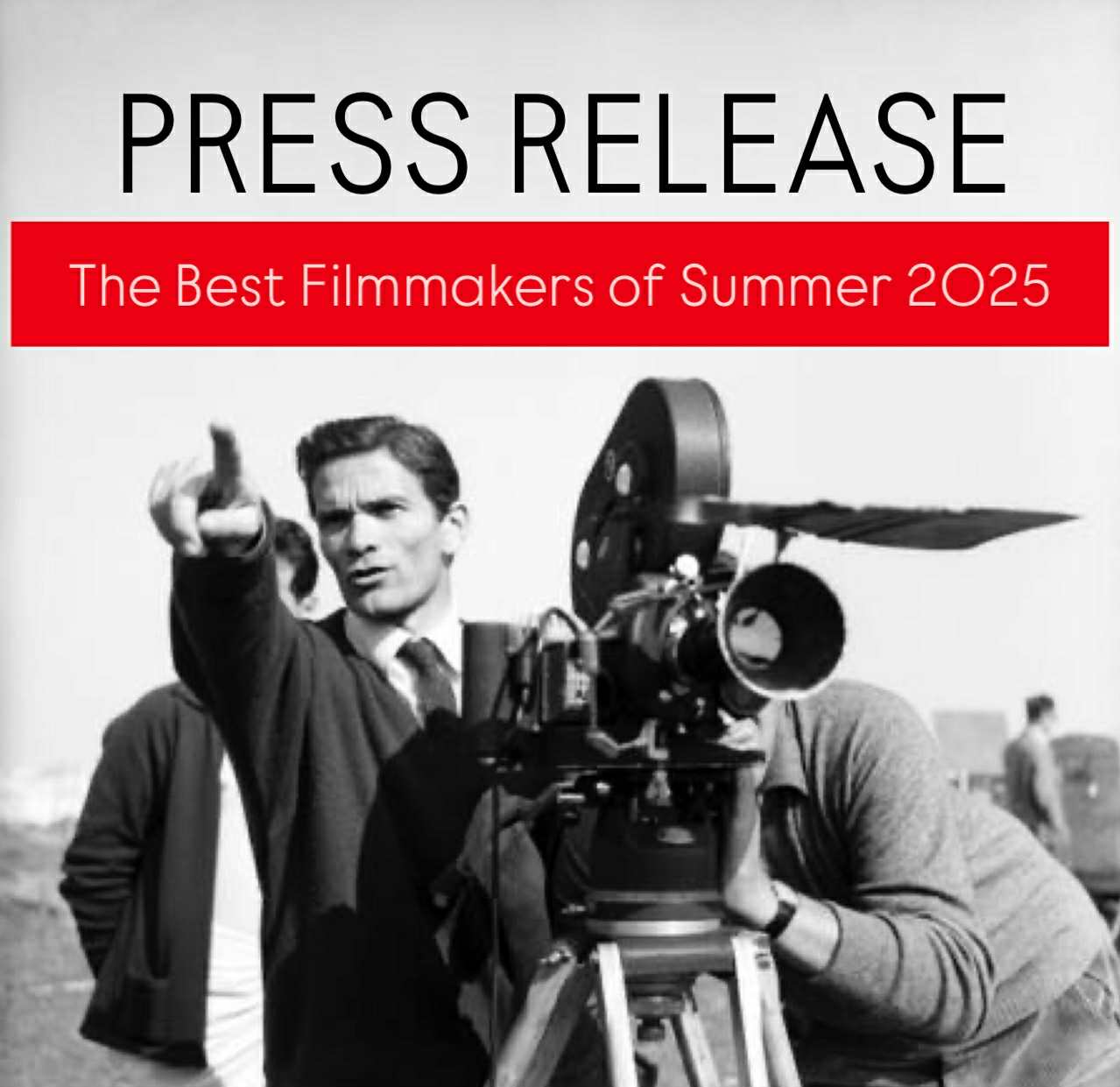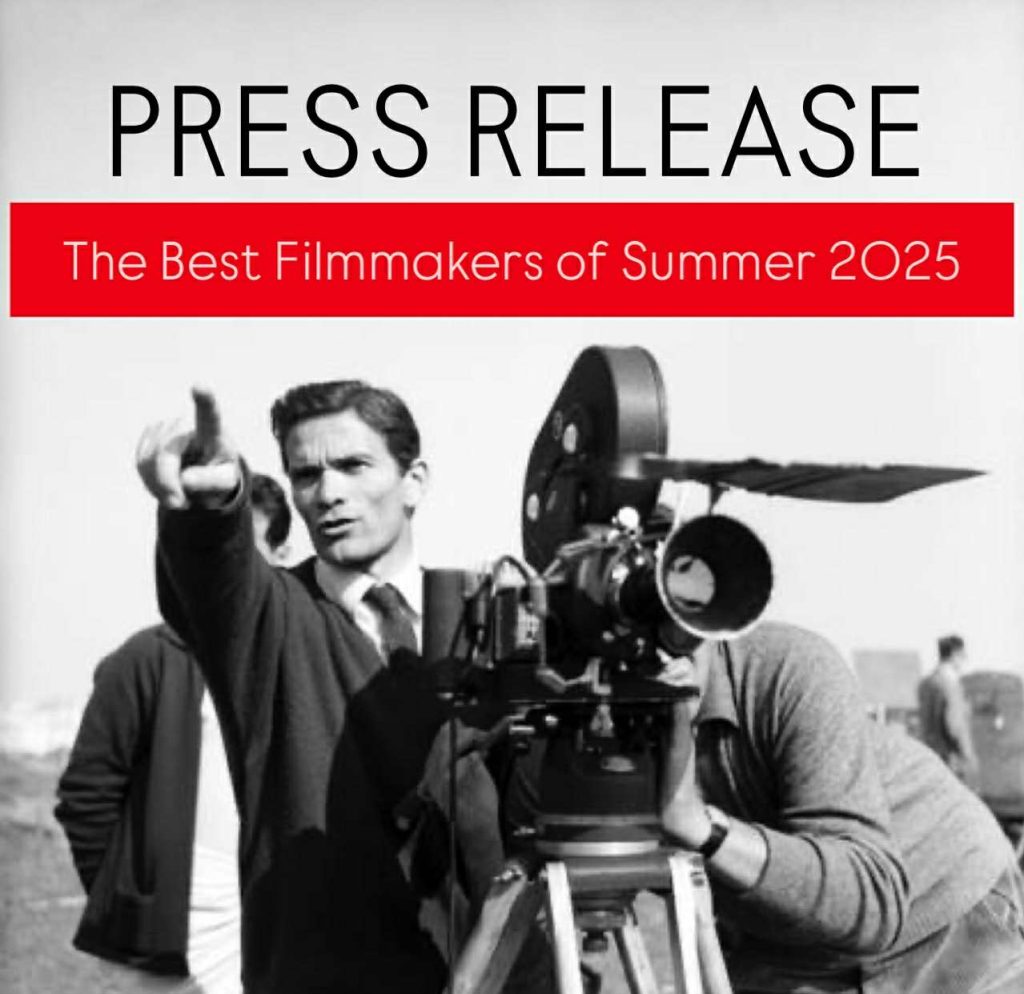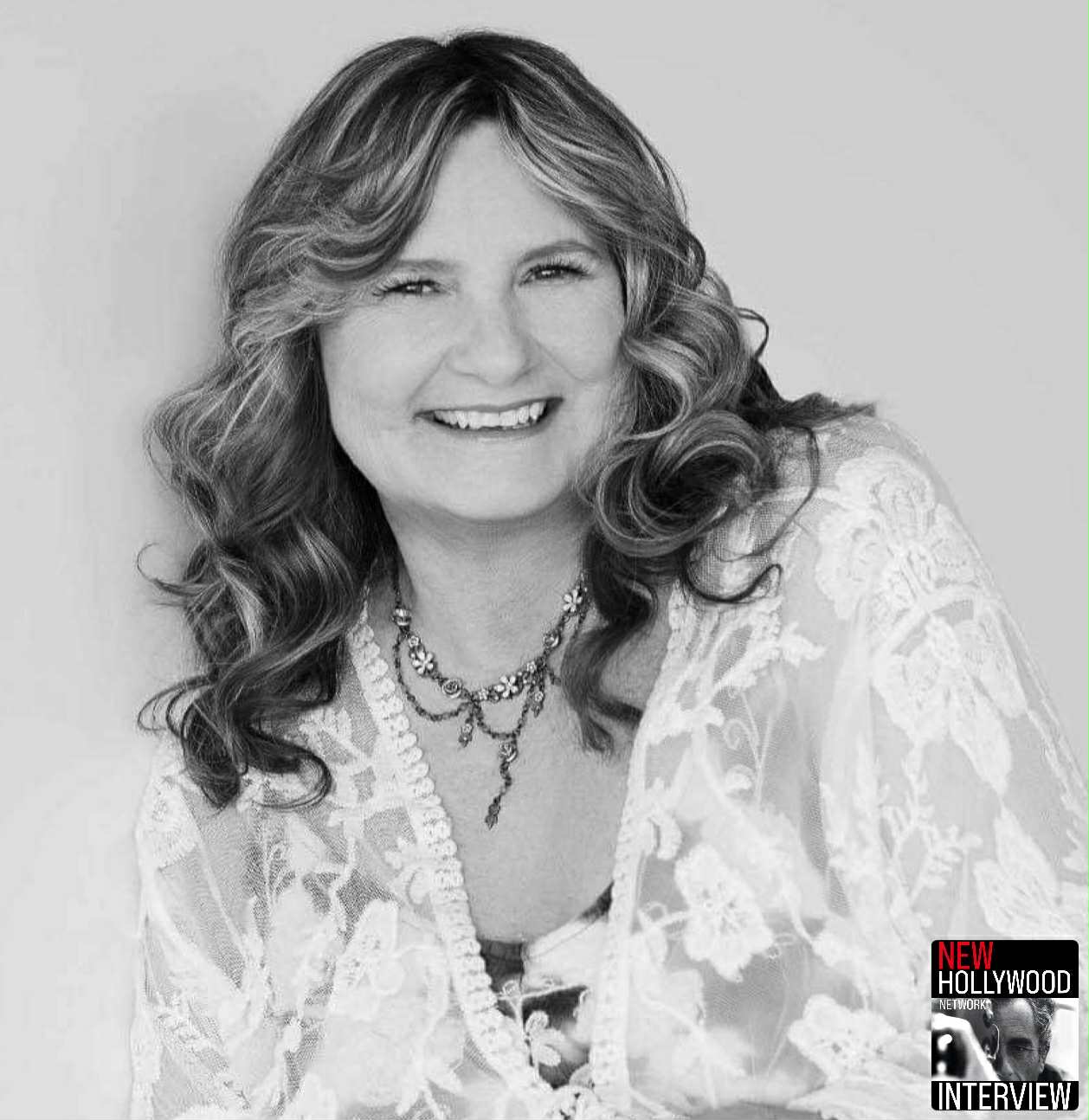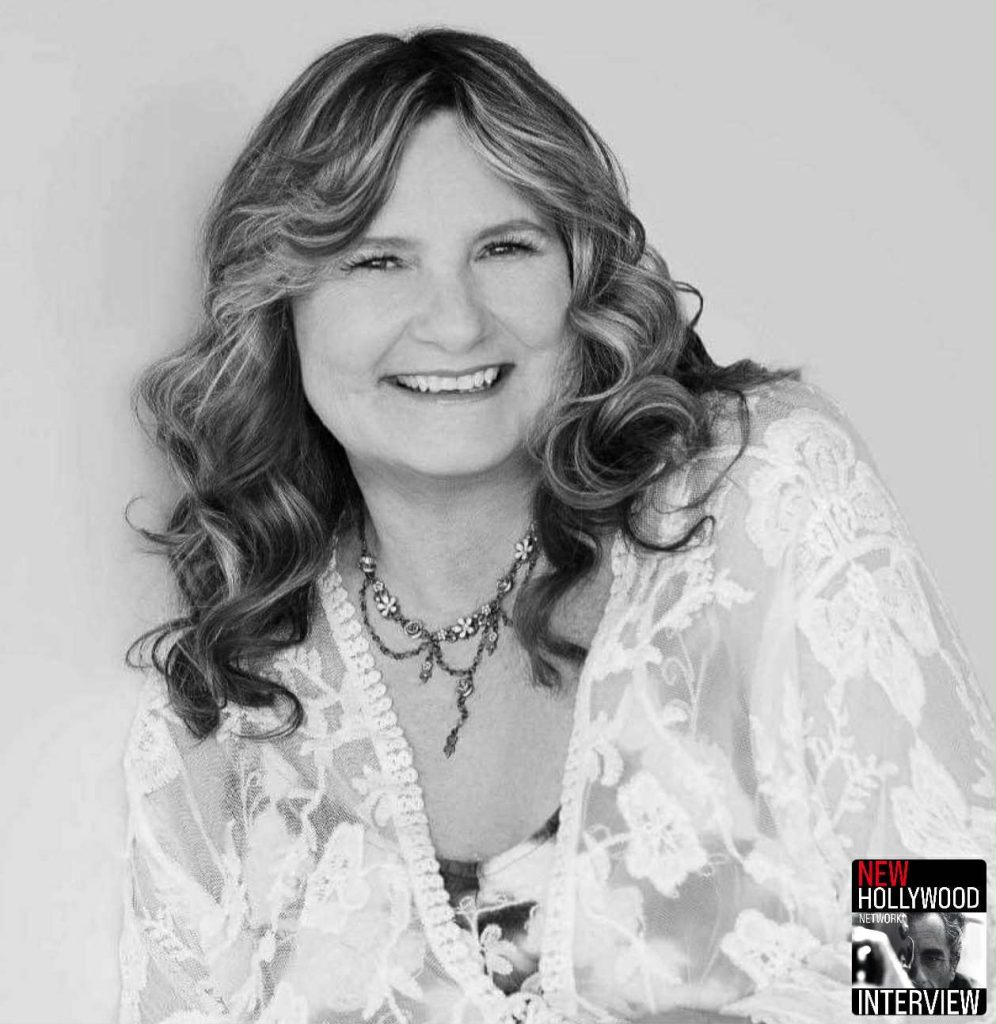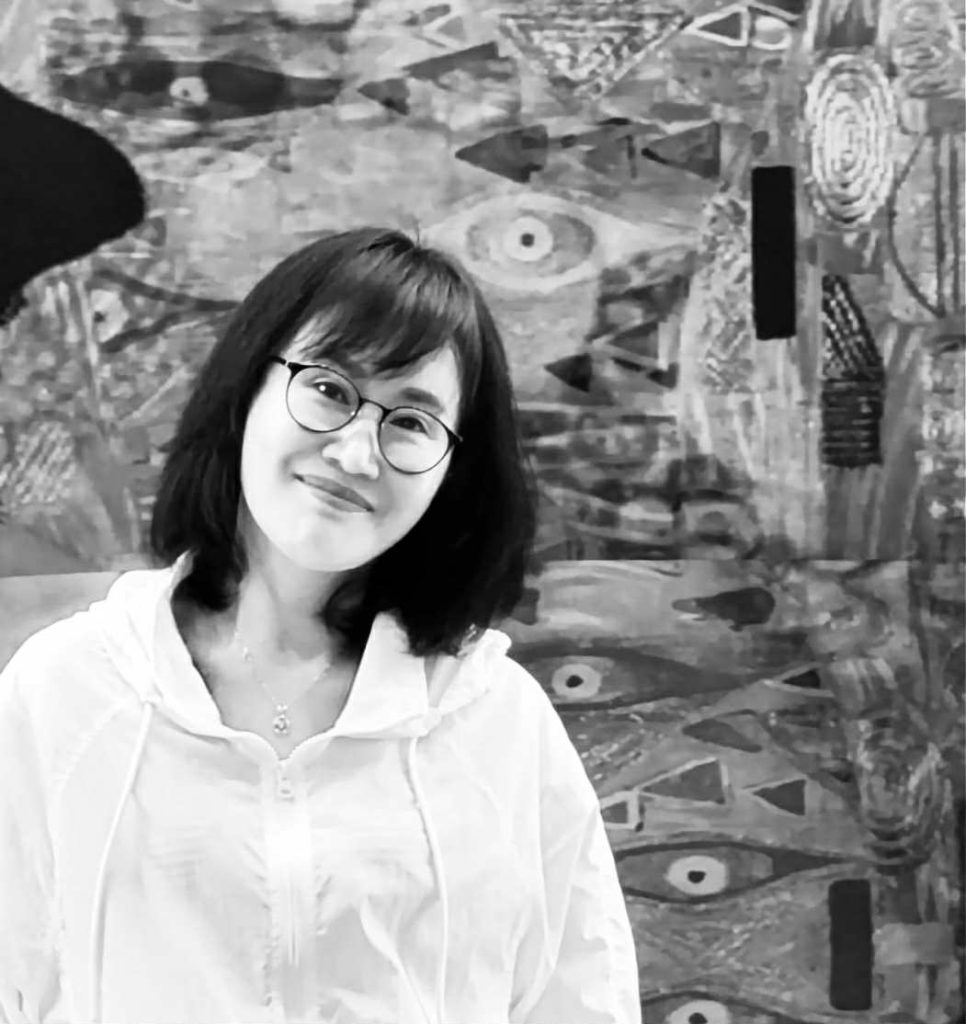
Who is Mira Kim?
(Instead of a self-written statement, this is a reprint of a media article introducing Director Mira Kim)
“AI is My Creative Partner” — The AI Film Director Who Captivated the World
“AI is not simply a tool, but a creative partner and companion with infinite possibilities.”
We met with Director Mira Kim, who recently swept the top awards in the AI category at prestigious international film festivals, including the New York International Film Festival. Her representative work The Long Journey showcases a new aesthetic born from AI–human collaboration and has received critical acclaim in the global AI film industry.
Director Kim, who always loved writing, drawing, and watching films, decided later in life to study AI at university. Immersing herself in this rapidly changing field, she encountered a turning point in 2023 with the release of generative AI—where her creative spirit could soar through AI art.
“When generative AI was released to the public, it felt like being struck by lightning. I was so excited by the infinite possibilities unfolding before my eyes that my whole body trembled.”
Despite lacking technical expertise in design tools and facing early difficulties with AI platforms, she overcame challenges with pure passion. Eventually, she launched an AI-focused YouTube channel and built a considerable following.
Her experimental pursuits were widely recognized: she won awards at the Korea Expressway Corporation Contest with 2040 Future Highway: South Korea’s Green Innovation, and distinguished herself in the Ministry of Unification’s AI Art Challenge. Today, her works are exhibited in the United States and Germany.
“The competitions were both challenges and learning opportunities. Through countless setbacks, I was able to refine my creative process and develop my own unique approach.”
Achievements at Global Film Festivals
Her latest work, The Long Journey, won Best AI Film at numerous international film festivals, including:
- New York International Film Festival (NYIFA)
- Oneiros Film Festival
- Symbiotic Film Festival
- Amsterdam New Cinema Film Festival
- Berlin Independent Film Festival
- CineParis Film Festival
- Rome Prisma Film Festival
The film is a deeply personal story inspired by her late father-in-law. It depicts life during the Japanese colonial period, war, and poverty—illuminating the resilience of a generation that transformed Korea into a prosperous nation.
“I wanted to express respect and awe for my parents’ generation who endured hardships and created today’s South Korea.”
Initially rejected by Korean AI film festivals, she submitted instead to international ones, motivated to share Korea’s history, language, and emotions with the world. Her persistence was rewarded with multiple awards.
“This experience reaffirmed the universal truth that ‘what is most Korean is most global.’”
Knowledge Sharing Through YouTube
Today, Mira Kim shares her expertise on her channel Fly Candy TV.
“We are at the starting point of exploring the infinite possibilities created by the combination of AI and art. My focus is on telling stories about us, about the human world, and finding ways to present them impactfully with AI.”
Her journey is far from over. The horizon of AI–human collaborative cinema continues to expand with each of her works.
Mira Kim – AI Film Director
Filmography & Achievements
- A Long Journey
▶ https://youtu.be/MWMCkTgZIKM- Winner of 15 awards at global AI film festivals
- A touching family story showcasing collaboration between AI and humanity
- Click or Truth: The Trap of Fake News
▶ https://youtu.be/LF55QW85kh0- Awarded the EBS Broadcasting President’s Award
- Winner of the Clean Personality Content Contest in South Korea
- 2040 AI-Driven Highways: South Korea’s Green Innovation
▶ https://youtu.be/WfV_lgHbtlM- Bronze Prize, Korea Expressway Corporation Contest
- Journey with AI in Suncheon
▶ https://youtu.be/n1qX6op1ybI- Submitted for the Suncheon City Contest, theme of coexistence between nature and AI
- Our Uijeongbu
▶ https://youtu.be/51dBSjgSjus- Presented at the 2024 Autumn Academic Conference of the Korean Society for Culture and Economics
- Luka and Cookie’s Adventure Journey
▶ https://youtu.be/z8BOdSQB-WQ- Submitted to the 2024 Yecheon AI Film Festival
- Trailer available on YouTube
- Glimmer of Hope
- Bronze Prize, Unification Art Challenge (Ministry of Unification)
- Awarded for impactful imagery and exploration of hope in the context of unification
Interview with Mira Kim
Do you remember the exact moment you fell in love with cinema?
I was thirteen when I watched Gone with the Wind, starring Clark Gable and Vivien Leigh. That experience changed me. From then on, going to the cinema alone became one of my greatest joys.
At the time, my family was struggling financially. My father was an unknown film director and screenwriter who never gave up on his artistic dreams. We didn’t even have a television, so the cinema became my only window into stories. In old neighborhood theaters, I could watch three movies in a row for just a few coins. Looking back, I believe those experiences shaped who I am today.
Tell us about your project A Long Journey.
A Long Journey is both a family story and a meditation on Korean modern history. It portrays an 89-year-old man’s extraordinary life through the nation’s most turbulent times—from colonial occupation to post-war reconstruction.
The film’s most powerful scenes include:
- a young father writing letters while working abroad in the desert,
- an elderly husband refusing to send his wife with dementia to a care facility,
- his spirit comforting her with the promise of preparing their eternal home.
Created with innovative AI, the film demonstrates how technology can serve as a partner in telling deeply human stories.
Which Director inspires you the most?
As a Korean filmmaker, I have been deeply inspired by Bong Joon-ho and Park Chan-wook. Their storytelling and bold aesthetics shaped modern Korean cinema.
Beyond Korea, I found resonance in the work of Hirokazu Kore-eda, especially in Nobody Knows.
Both Bong and Kore-eda compel us to confront uncomfortable truths:
- Parasite visualizes the scent of class.
- Nobody Knows voices the silence of abandonment.
These films ask us difficult but necessary questions about who we are in society.
Having grown up in a modest household, many of my stories are rooted in memory—often seen through a child’s eyes. Family, to me, is the universe from which all narratives emerge. I am drawn to quiet, human-centered stories that revisit unspoken moments and create spaces for reflection.
What do you dislike about the world, and what would you change?
What I dislike most is “a world that erases memories.”
Today’s world feels too clean, too neatly organized—stripping away the scents, sounds, wounds, and imperfections that make life real. What I long for instead is a world where traces remain:
- where neighbors laugh together even at shameful moments,
- where children’s laughter, church bells, and the scent of candles flow across generations,
- where memories, even painful ones, are preserved and respected.
How do you imagine cinema in 100 years?
Cinema will evolve beyond entertainment into a tool that expands human experience. AI will democratize filmmaking, making everyone a potential creator. Real-time translation may allow all cultures to be shared freely.
Yet, no matter how much technology advances, the essence of storytelling and human emotion will remain unchanged.
What is your impression of WILD FILMMAKER?
I see WILD FILMMAKER as a space that embraces the post-cinema era—where anyone with a smartphone can create and share films. Unlike commercial magazines, it values experimental voices, emerging directors, and fields like AI filmmaking.
I sincerely hope it continues to grow as a platform that supports new talent worldwide.
